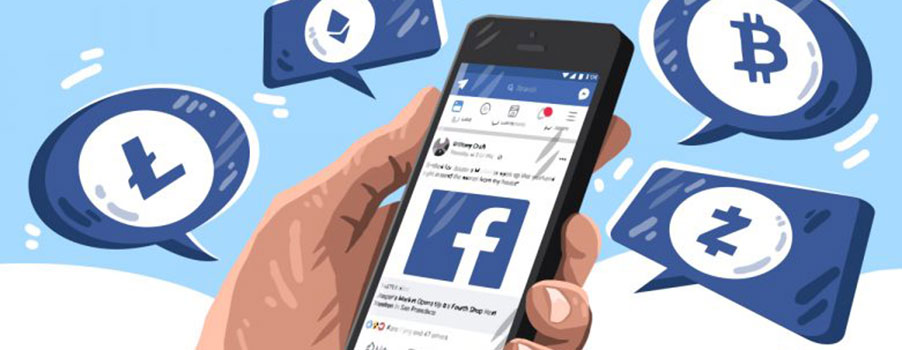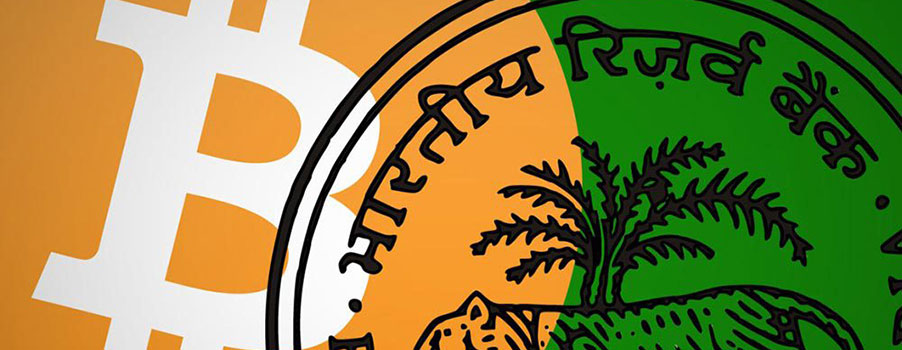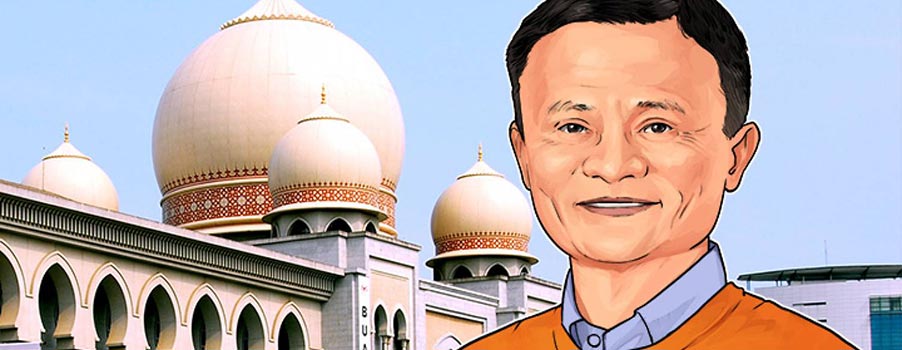Bitcoin and other cryptocurrencies have long been touted as the logical “next steps” for money as they grow closer to being adopted as mainstream forms of payment. According to a recent study by researchers from Imperial College London in conjunction with trading platform eToro that assessed the fundamental roles of traditional currencies, digital currencies have three criteria to fill if they are to go mainstream. Among these criteria is the ability to act as a store of value which most of the cryptocurrencies have already managed to successfully fulfill.
The remaining criteria to be fulfilled are the abilities to act as a medium of exchange and as units of account. To fulfill these two, cryptocurrencies will first have to deal with certain setbacks that include regulation and scalability.
Since it came to light in 2009, bitcoin has been the subject of heated debates regarding whether digital assets have what it takes to replace fiat. Bitcoin remains at the center of many of these discussions despite the fact that over 1,600 digital currencies have emerged within past decade – the Imperial College London believe that the attention that bitcoin is receiving is not in vain since it is well on its way towards mainstream adoption and use within the next decade.
“The world of cryptocurrency is evolving as rapidly as the considerable collection of confusing terminology that accompanies it. In this context, we wanted to get back to basics: clarifying the nature of cryptocurrencies as a new kind of asset class, contrasting them with traditional forms of wealth, and classifying the main challenges that need to be overcome in order to drive their success forward. There’s a lot of skepticism over cryptocurrencies and how they could ever become a day-to-day payment system used by the man on the street. In this research, we show that cryptocurrencies have already made significant headway towards fulfilling the criteria for becoming a widely accepted method of payment,” William Knottenbelt, a professor from the Imperial College said.
The research paper that is titled “Cryptocurrencies: Overcoming Barriers to Trust and Adoption” argues that the evolution of traditional money is what will pave the way for the mainstream adoptions of digital currencies. This sentiment is shared by the UK managing director of eToro, Iqbal Gandham, who said that:
“The history of money is a history of evolution, of new technology replacing old to improve the transfer of value from one person to another. Cryptocurrencies represent the next step on this journey.”
Case in point, there has been a significant increase in the distribution and use of contactless and mobile payments – this is, in essence, the backbone of the technology behind cryptocurrency.
“Given the speed of adoption, we believe that we could see Bitcoin and other cryptocurrencies on the high street within the decade,” Mr. Gandham added.










